The ‘weak link’: Afghan Police bear the brunt of insecurity in Afghanistan
Among the over 100 victims of last Saturday’s brazen car bombing in the Afghan capital, many were police officers like 22-year-old Sharif Ullah, a young Kabul resident who had been planning to get married.
Dubbed a massacre by many, it was the deadliest assault the devastated city witnessed in recent years. An ambulance loaded with explosives rammed into a police checkpoint outside the Ministry of Interior during the busy Saturday afternoon rush hour in the heart of Kabul, killing 103 people and leaving over 200 wounded.
Bearing the brunt of this and many other massive assaults by the Taliban as well as Islamic State and other armed groups, the Afghan National Police’s current role as a security force instead of a police service once again highlighted the urgent need to fix and reform this weak link in the security apparatus of Afghanistan.
On average, 50 police officers and soldiers are killed in Afghanistan on a monthly basis. According to the U.S. Congressional watchdog SIGAR, 6,785 Afghan soldiers and police were killed in the first 10 months of 2016, and 2,531 in the first five months of 2017.
On January 28, graveyards in various corners of Kabul saw large crowds of mourners, mostly men, laying to rest loved ones during the chilling Afghan winter. In the Bibi Mahro neighborhood, Pakthun Yar, the heartbroken father of Sharif Ullah was evidently in shock, not believing what he was seeing. His son, a young man in his early twenties, was laid to eternal rest in the grave.
“We were planning to arrange marriage for him after winter, but perhaps that wasn’t what Allah wished,” he told The Defense Post through tears.

Afghanistan’s ‘little soldiers’
Over the years, ANP forces have grown in personnel, but so have their casualty numbers, the result of their being a frontline defense against a hardened militant rebellion entering its 17th year. The ANP includes a uniformed police force, which is responsible for general police duties, and specialized forces, which deal with public order, narcotics, terrorism and border control.
A recent U.S. Institute of Peace report noted that despite the impressive growth in numbers, $10 billion in international assistance, and the involvement of the U.S., European Union and multiple donors, the ANP is riddled with corruption and generally unable to protect Afghan citizens, control crime or deal with the growing insurgency.
“Using improperly trained, equipped, and supported ANP patrolmen as ‘little soldiers’ has resulted in the police suffering three times as many casualties as the Afghan National Army. Police are assigned in small numbers to isolated posts without backup and are targeted by the insurgents,” the USIP report titled ‘Afghanistan’s Police – The Weak Link in Security Sector Reform’ states.
Afghan President Mohammad Ashraf Ghani does not shy away from acknowledging the shortcomings and underlying issues on this front.
“I salute the bravery of our security forces, especially the police who are our first line of defense against these cowardly suicide bombers. Reforms in our intelligence services and Ministry of Interior are our top priority now,” he said in a statement following Saturday’s attack.
Decades of war have crippled Afghanistan’s agro-based economy. Since the end of the Taliban regime in 2001, the security sector has been the primary source for jobs for a notably young population. Hence, joining the police force is an easy choice for young Afghans, even those lacking proper education and training.
Nevertheless, these young Afghan soldiers have with sheer dedication and loyalty to the nation set some stunning examples of bravery and devotion.

In November last year, Sayed Basam Pacha, another young ANP member, bear-hugged a suicide bomber who was seeking to detonate his explosives in the middle of a large political gathering. He is one of many such examples from around the country.
To drastically reduce police casualties and transform ANP into a more effective force tasked with routine policing services rather than combat operations, the Ministry of Interior Affairs has laid out a strategic plan for 2018-2021. It has the backing of the NATO-led Resolute Support Mission with some 13,332 soldiers from 39 contributing nations.
Moving from combat to law enforcement
U.K. Army Major General Charlie Herbert, Deputy Advisor to the Ministry of Interior, told The Defense Post that one aspect of police reform is to move the officers away from paramilitary and combat operations to rule of law and law enforcement functions that would create a clear distinction between soldiers and police officers.
“Currently, the Afghan National Police (ANP) Training and Education Program continues its focus on the core functions of policing and providing public safety; giving the ANP Patrolman the best training and education possible in this threat environment that includes equipping the ANP force to prevent and detect crime, assure public safety, maintain civil order, protect property and safely control traffic,” Herbert said.
RSM teams throughout the country are training operational forces by conducting basic checkpoint and maneuver tactics drills in the field. It also provides advisors to assist the Interior Minister and his deputies in their daily duties and to help develop greater capacity within the ministry.
With violence reaching new heights, and no clear signs of a peaceful settlement to the conflict in sight, Afghan police such as the late Sharif Ullah have no choice but to weather the storm with whatever support is available.

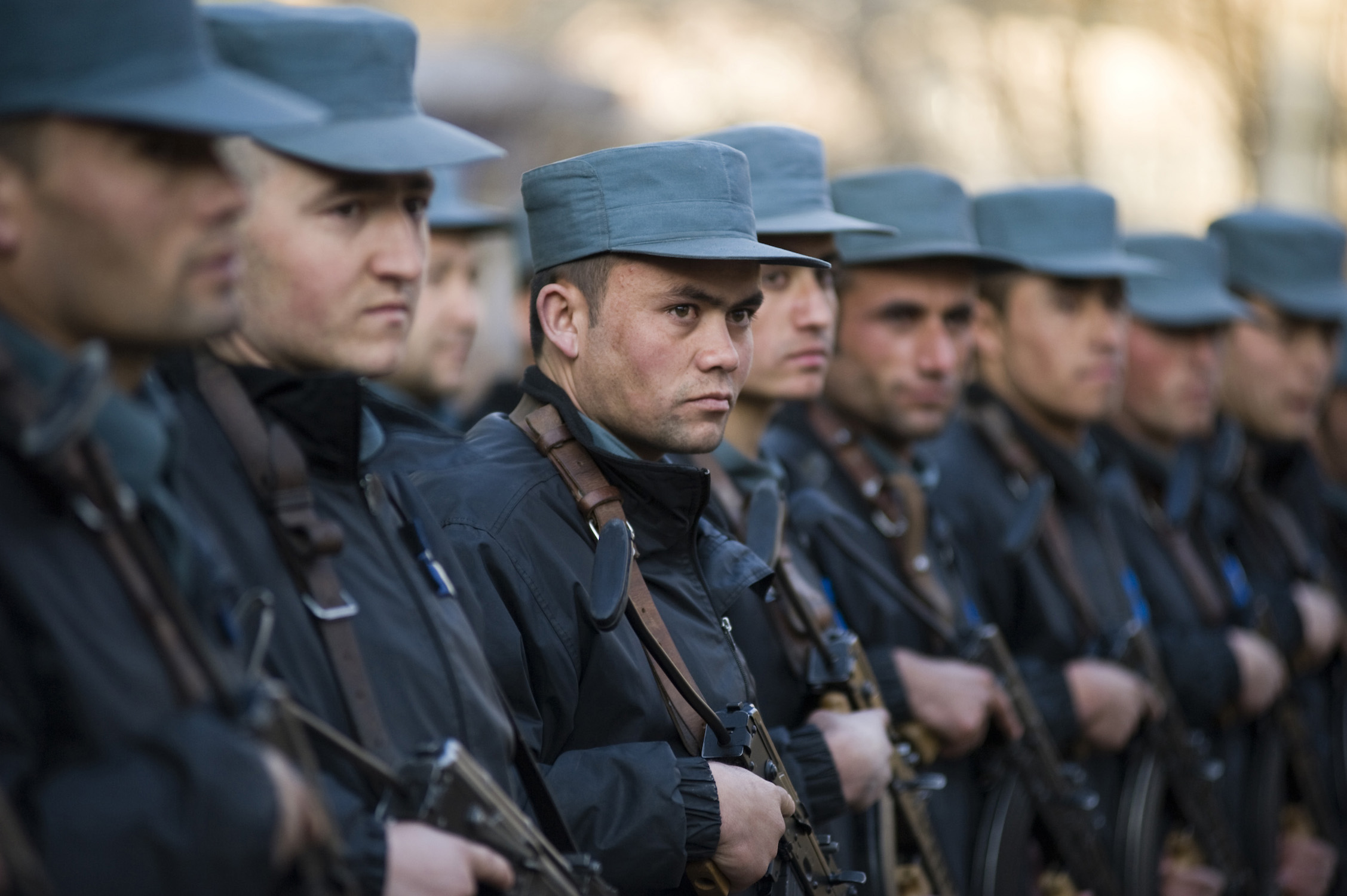
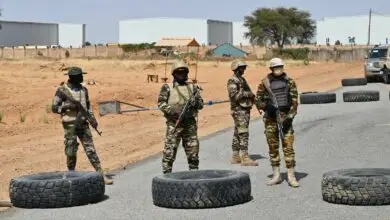
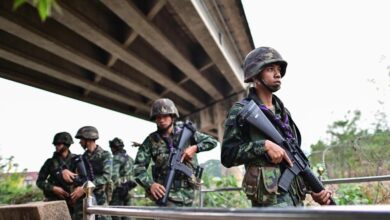
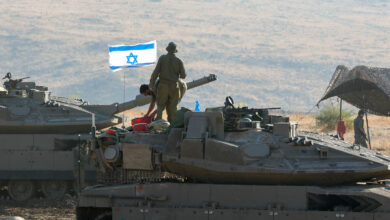
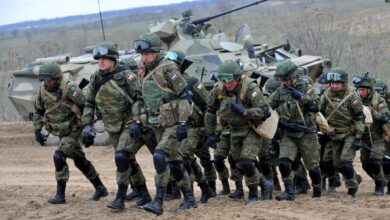
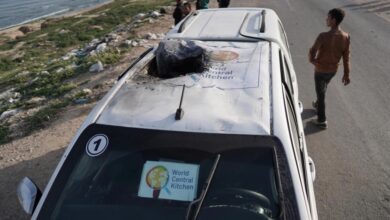
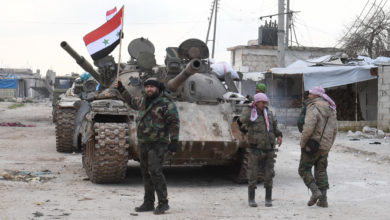
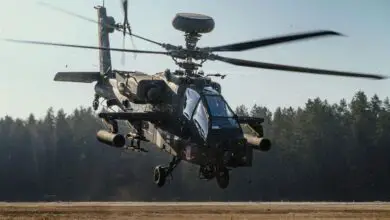

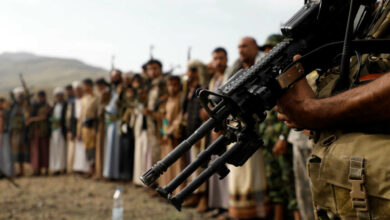
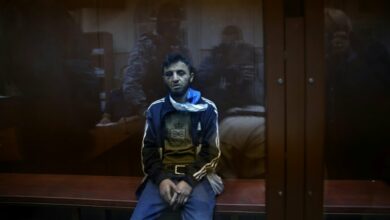
6 Comments